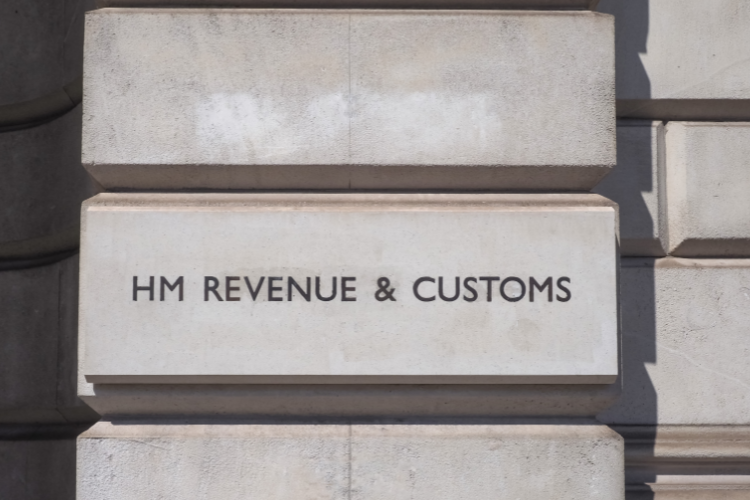
Jack Ross Chartered Accountants has provided expert accounting services in Greater Manchester and beyond since 1948. If you are in need of our services, please use the contact form on the right and a member of our team will be in touch to organise a free 15-minute consultation.
As the 31st July 2024 deadline for the second payment on account approaches, it is crucial for taxpayers to understand their obligations and prepare accordingly. This article will guide you through the payment on account system, highlight important deadlines, and explain how recent changes to basis periods might affect your tax liability.
What are Payments on Account?
Payments on account are advance payments towards your Income Tax Self Assessment (ITSA) and Class 4 National Insurance Contributions (NIC) for the current tax year. They are typically required if your previous year’s ITSA and Class 4 NIC liability exceeded £1,000, and less than 80% of your income tax was deducted at source.
Key Points:
- The first payment on account was due by 31 January 2024.
- The second payment is due by 31 July 2024.
- Each payment is typically 50% of your previous year’s tax liability.
31 July 2024 Deadline
The upcoming deadline on 31 July 2024 is for the second payment on account towards your 2023/24 tax year liabilities. Missing this deadline can be costly, as HMRC currently charges interest at 7.75% on late payments.
First class service for many years from a first class team. Highly recommended. Prompt, commercially aware, personable.
Been using Jack Ross for a number of years. Good clear advice and nice people to do business with.
Reducing Your Payment on Account
If you expect your 2023/24 tax liability to be lower than the previous year, you may be able to reduce your payment on account. This can be done by:
- Submitting your 2023/24 tax return before 31 July 2024, or
- Making a claim to reduce your payment on account
Caution is advised when making such claims, as HMRC may charge penalties for incorrect statements made fraudulently or negligently.
Impact of Basis Period Reform
The 2023/24 tax year marks a significant change due to basis period reform. This reform affects how unincorporated businesses (sole traders and partnerships) calculate their taxable profits. See https://www.jackross.com/basis-year-changes/ for a detailed article on the basis period reforms.
Key Changes:
- From 6 April 2024, all businesses will be taxed on profits arising in the tax year (6 April to 5 April), regardless of their accounting period.
- The 2023/24 tax year is a transitional year, potentially resulting in higher taxable profits for some businesses.
- Overlap profits from previous years can be utilised in 2023/24, but any unused amounts will be lost after this tax year.
Planning for the Future
- Consider aligning your accounting year-end with the tax year (31 March to 5 April) to simplify reporting.
- Review your future tax liabilities in light of the basis period changes.
- Explore the option to spread additional tax liabilities from the transitional year over five years to manage cash flow.
Get Expert Help
Navigating these changes can be complex. At Jack Ross Chartered Accountants, we’re here to help you understand your obligations, plan effectively, and ensure you meet all deadlines. Contact us today using the form below to discuss your specific situation and how we can assist you in optimising your tax position.
Remember, proper planning and timely action are key to managing your tax affairs effectively and avoiding unnecessary costs or penalties.
Get In Touch With Jack Ross
Looking for comprehensive accounting solutions that you can trust? Fill in the contact form below and a member of our dedicated team will contact you to discuss next steps.